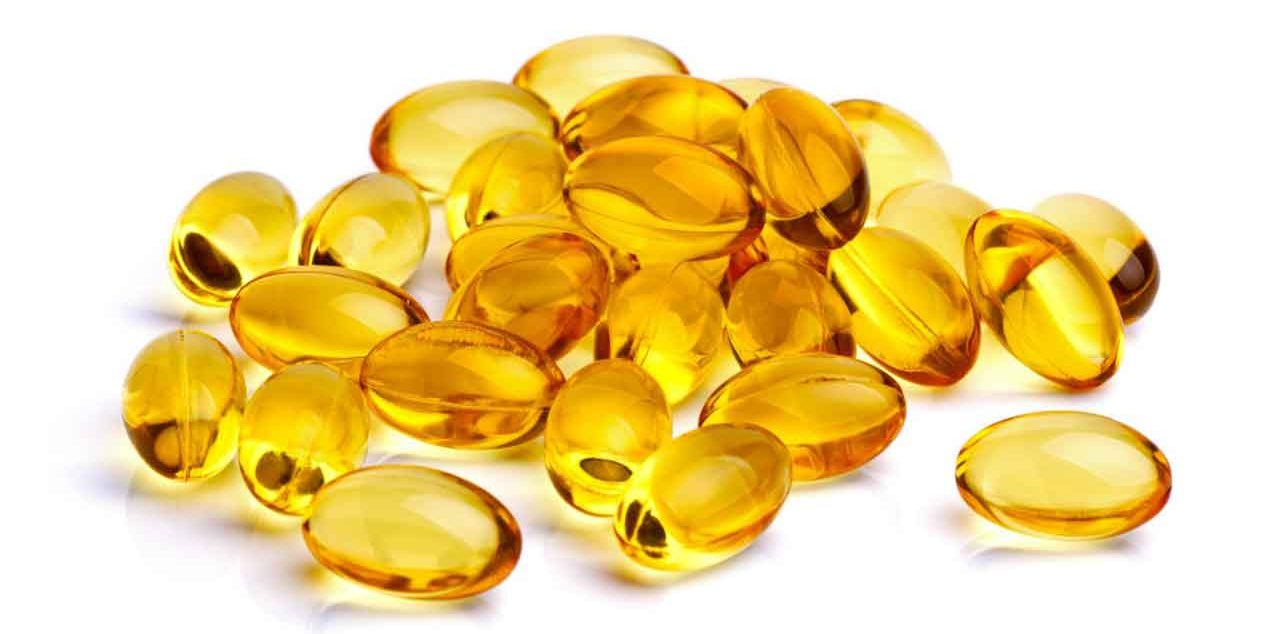Are There Fish Oil Benefits?

After early studies pointed out the benefits of omega-3s, fish oil has seen its ups and downs. Are there fish oil benefits?
The fatty acids in fish have seen ups and downs in medical trials. Early studies pointed to all sorts of benefits, particularly for heart conditions. In two early landmark trials in people who’d had a heart attack, omega-3s reduced the risk of further cardiovascular problems by around 20 percent.
But while initially positive, trials have since gone both ways, particularly in the randomized clinical trials that are the gold standard of medical research.
YOU MIGHT ALSO LIKE: Healthy Fats and How to Eat More of Them
Are there fish oil beneifts?
The fats found in fish — omega-3 polyunsaturated fatty acids — fall into two major categories: docosahexaenoic acid (DHA) and eicosapentaenoic acid (EPA). Another type of omega-3 fat, alpha-linolenic acid (ALA), is found in nuts, seeds, and oils. Though they may help reduce inflammation, ALAs have shown much less promising results for heart conditions.
The American Heart Association recommends eating fish twice a week, and choosing those high in omega-3s, such as wild salmon, herring, trout, and sardines. (The Environmental Working Group has a handy reference chart comparing omega-3 and mercury levels in popular types of seafood, including recommendations for pregnancy.) You could also ask your doctor for a prescription fish oil supplement — the safest way to ensure a standard dose.
Where trials largely do seem to agree: omega-3s reduce triglycerides (at doses of at least 2 grams per day) and arrhythmia, a form of dangerously irregular heartbeat. Statins may make them unnecessary, at least in men: one analysis found omega-3s helped reduce cardiovascular conditions only in those who weren’t already taking a statin; men made up nearly 80 percent of that study. Since both have blood-thinning effects, check with your doctor if you’re on these medications and find you’re bleeding or bruising easily — she may suggest dropping omega-3s.
Recent research
Yet other definitive effects are still unclear. Two recent trials, both published in the New England Journal of Medicine, grabbed headlines, but they may not have been methodologically sound.
YOU MIGHT ALSO LIKE: Buying the Healthiest Olive Oil
The Risk and Prevention Study compared a supplement containing EPA and DHA to what researchers termed a placebo — which was olive oil — in more than 12,000 Italians. When participants in both treatment arms saw cardiovascular benefits at virtually equal rates, the researchers concluded omega-3s had no effect.
It’s an odd conclusion. A true placebo against omega-3s would be something like a sugar pill — not a dose of another fat we know is highly beneficial. Instead, the study may have shown that omega-3s and olive oil simply have similar effects.
Omega-3 benefits
Omega-3s did reduce hospital admissions for heart failure and triglycerides, in line with previous research. The omega-3s also seemed to have benefits for women, who made up about 40 percent of participants, more than men — reducing their risk of death or hospital admission for cardiovascular conditions by 18 percent. It could be that omega-3s are uniquely helpful for women: the researchers note that these results are consistent with another study, which included a majority of women, that found EPA alone reduced serious cardiovascular conditions in those with high cholesterol — even though the women were also taking a statin.
Another large study — the Outcome Reduction with an Initial Glargine Intervention, or ORIGIN, trial — also used olive oil as a placebo. Not surprisingly, this trial saw remarkably similar results, this time finding no benefit for people with diabetes or diabetes risk factors but improved cardiovascular profiles in both groups over six years.
What may be the mother of all omega-3 studies is ongoing. The Vitamin D and Omega-3 Trial, or VITAL, run by Harvard Medical School professor JoAnn Manson, MD, is tracking 25,000 people — including more than 5,000 African Americans — who have been taking vitamin D, omega-3s, both, or placebo for five years. Unlike previous trials, which focused on those who’d had a heart attack or were at risk for one, all are relatively healthy. VITAL researchers hope it will finally provide definitive answers about whether these supplements help prevent heart conditions and cancer.
Updated:
March 31, 2020
Reviewed By:
Janet O’Dell, RN